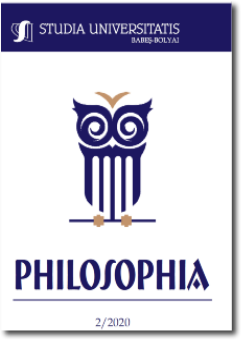PHENOMENOLOGY AND PSYCHOANALYTIC THEORY. HUSSERL’S CRITIQUE OF PSYCHOLOGISM AS COMMON GROUND
PHENOMENOLOGY AND PSYCHOANALYTIC THEORY. HUSSERL’S CRITIQUE OF PSYCHOLOGISM AS COMMON GROUND
Author(s): Cristian BodeaSubject(s): Contemporary Philosophy, Psychoanalysis, Phenomenology
Published by: Studia Universitatis Babes-Bolyai
Keywords: ego; intersubjectivity; “perceptive” phantasia; psychologism; transcendental interfacticity; unconscious;
Summary/Abstract: This paper is addressing Husserl’s critique of psychologism in order to gain a better understanding of an up to date phenomenological research. Staring with Maurice Merleau-Ponty, phenomenology became more and more interested in how psychoanalytic theory can contribute to its findings. The latest phenomenological research reflects this growing interest in psychoanalysis. I will demonstrate in this paper that Husserl’s critique of psychologism enables this interest and that the psychoanalytic theory offers the same critique in response. Thus, the ego problem leading to the deadlock of intersubjectivity, represent one of the common grounds phenomenology and psychoanalysis can meet. In this respect I will use the works of Marc Richir and Jacques Lacan. Emphasizing Marc Richir’s conception of language as phenomenon and the twist he gives to the concept of “perceptive” phantasia introduced by Husserl in 1918, I will consider the concept of unconscious as a way to solve the intersubjectivity dilemma.
Journal: Studia Universitatis Babes-Bolyai - Philosophia
- Issue Year: 65/2020
- Issue No: 2
- Page Range: 115-126
- Page Count: 12
- Language: English

